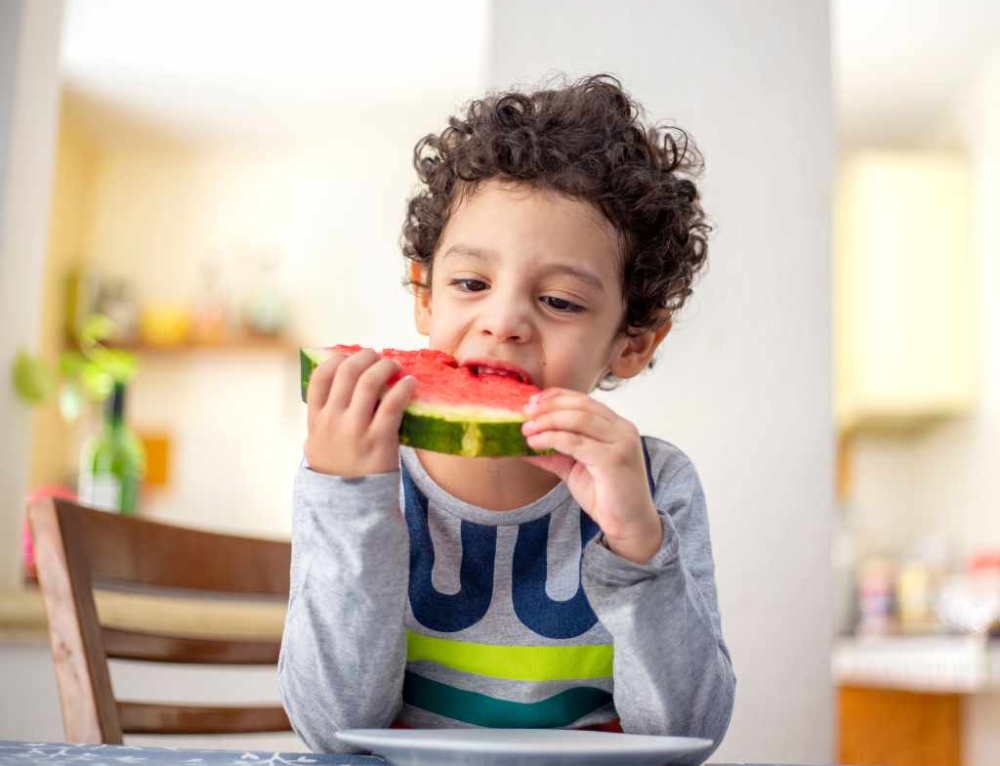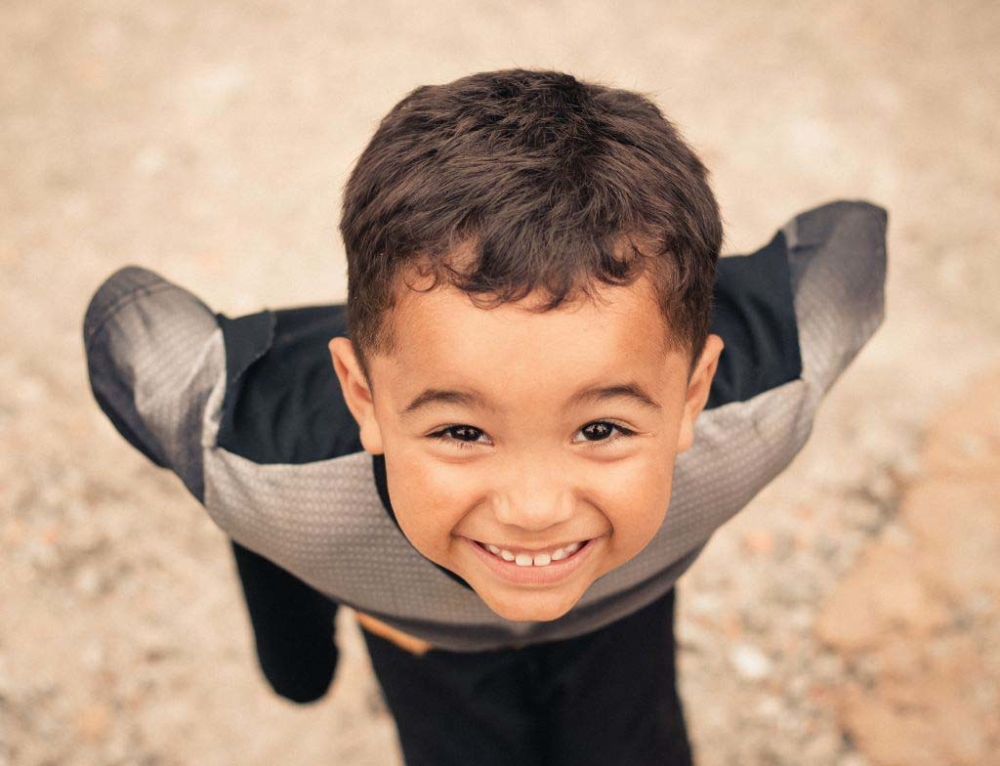At this age, your child will be entering a phase of great emotional change. From this ‘developmental hill’ she can see adulthood and appreciate that this is the direction in which she is clearly headed – whether she likes it or not!
The world becomes a more complex place for the child who is beginning puberty. And while your ten and eleven year old may well be joined at the hip to her best friend, friendships at this age do have a tendency to become more complicated and fraught with difficulty and misunderstanding.
Boys are usually less vulnerable to the vagaries of friendships as they tend to have a wider group of friends and concentrate more on the shared activity than the friend they’re sharing it with, which protects them from the up-and-down of the ‘best friend’ relationship.
At eleven years, your child will begin to stretch his wings and make baby steps towards independence – she may no longer want to join in all family activities in preference to spending time with her friends. You may be surprised to find that she has a differing opinion to you and is willing to take a stand to support it.
Although your child may walk the walk and talk the talk of an independent being, she is still a long way from being able to cope with independence, so it’s important that while you support and encourage her, you also (discretely) check her decisions and make sure that she is not putting herself into any situations that may be unsafe or inappropriate.
What can I do to encourage her social and emotional development?
- Make sure that you know where she is, what she’s doing, where she’s going and with whom.
- Encourage her interactions with your family.
- Make sure that she knows that you value her company and her opinion.
REMEMBER!
While your child may not be the best company at this stage, she will need you just as much as she ever has!
There may be a problem if:
- Your child is consistently over-anxious about growing up.
- Your child suddenly seems to be coping less well at school academically.
- Your child is consistently anxious about friendships
IMPORTANT!
Talk to your doctor if you’re worried about your child’s development. It’s always helpful to identify and address potential problems early – and chances are, there won’t be a problem at all.
This article was written by Ella Walsh for Kidspot New Zealand. Sources include S.A. Govt’s Parenting and Child Health







Leave A Comment
You must be logged in to post a comment.